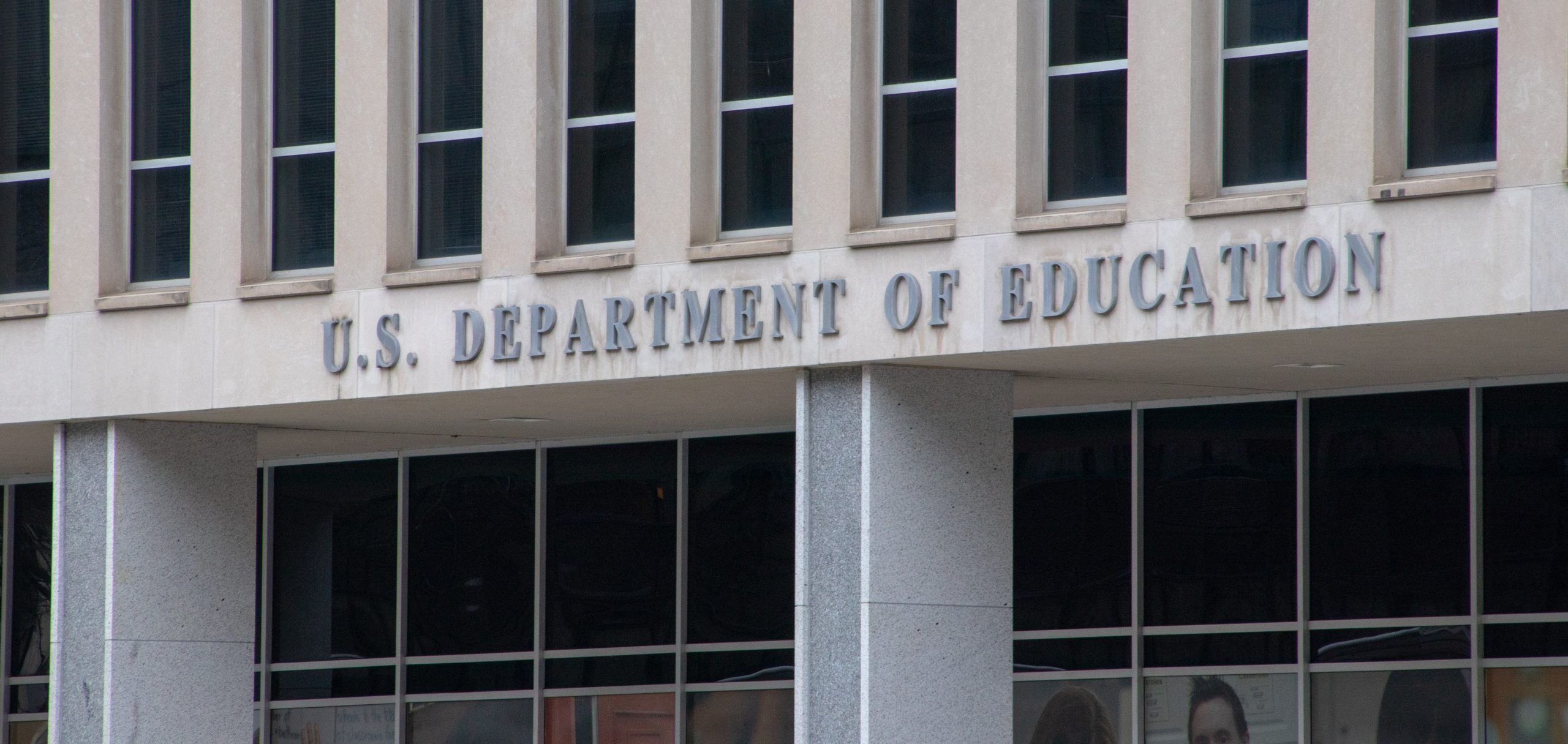May 16th Update: An update to the original ED announcement can be found here.
What is a Third-Party Servicer? Many people want to know, and yet, the U.S. Department of Education (U.S. Dept. of Ed.) has decided to delay the update released earlier this year regarding what constitutes a third-party servicer until Dept. of Ed. can review the more than 1000 comments received regarding several concerns from institutions and vendors offering support services to those institutions.
Why the delay?
The decision provided in the Dear Colleague Letter GEN-23-03 intended to bring more transparency into the contractors who work closely with institutions of higher education on Title IV program management and delivery. Especially in areas of recruitment and marketing. The DCL stated which services would be considered activities of third-party servicers, which included categories of activities identified in previous guidance and several new categories of services that constitute the administration of Title IV aid programs.
U.S. Dept. of Ed. clarified it does not consider contracts involving the following activities to constitute third-party servicer relationships:
- Study abroad programs
- Recruitment of foreign students not eligible for Title IV aid
- Clinical or externship opportunities that meet requirements under existing regulations because they are closely monitored by qualified personnel at an institution
- Course-sharing consortia and arrangements between Title IV-eligible institutions to share employees to teach courses or process financial aid
- Dual or concurrent enrollment programs provided through agreements with high schools and local education agencies, which are exempt because they do not involve students receiving Title IV aid
- Local police departments helping to compile and analyze crime statistics, unless they write or file a report on behalf of an institution for compliance purposes (U.S. Dept. of Ed. will identify any other services that fall into this category as they review comments)
U.S. Dept. of Ed. will delay the September 1, 2023 effective date of the guidance letter for several months
The effective date of the revised final guidance letter will be at least six months after its publication. This will allow institutions and companies to meet any reporting requirements. Deadlines for audit and contractual requirements will follow in fiscal years that begin after the effective date for the reporting requirements.



